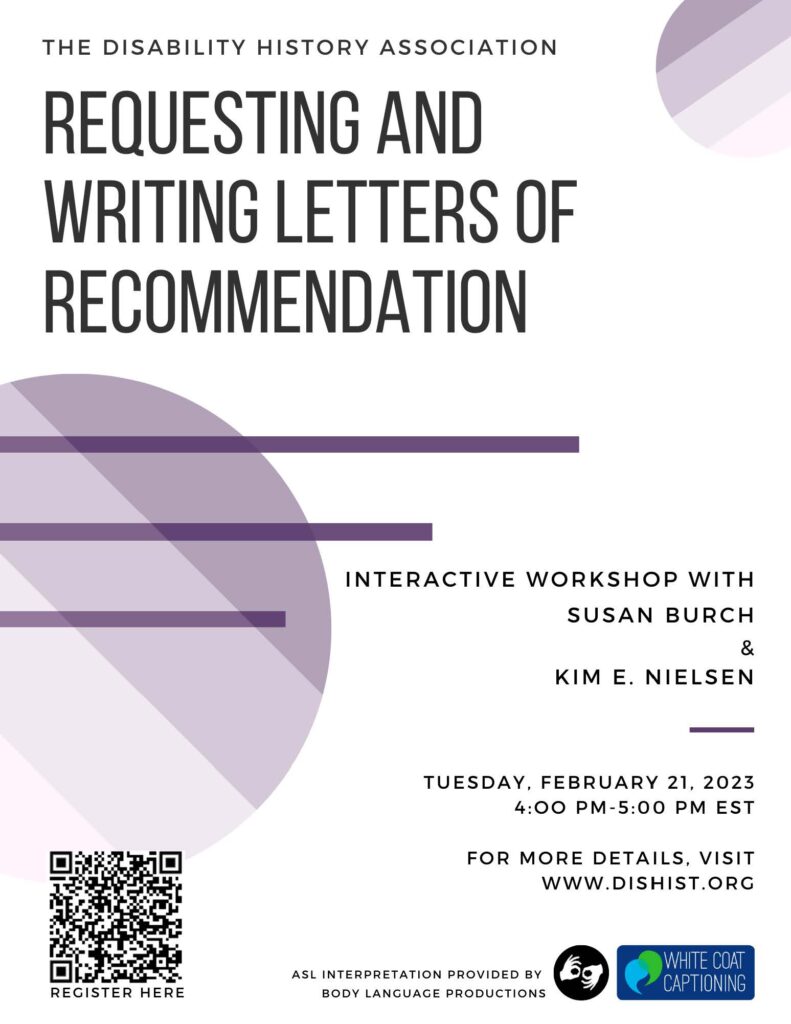The Disability History Association (DHA) is delighted to announce the results of the inaugural Research for Justice and Equity Award. Please join me in extending congratulations and appreciation to Nandana R for “Between the Politics of Pain and Care: Studying the Public Discourse of Disability in Kasargod-Endosulfan Episode.”
“Between the Politics of Pain and Care” uses a Critical Disability Studies lens to consider media representations of the Kasargod-Endosulfan episode. These representations, intended to elicit fear or pity in the aftermath, cast the people harmed by the extensive and sustained environmental damage as a “metaphor for social injustice.” The project also explores ways that the process of “visibilising” multiply-marginalized peoples can contribute to the empowerment of debilitated disability communities. The award will support archival and ethnographic work in Trivandrum, Thrissur, Calicut, and Kasargod.
The Board of Directors would also like to thank Susan Burch, Ella Callow, and Caroline Lieffers for the thoughtful collaboration that recognized the extraordinary potential of this project.
